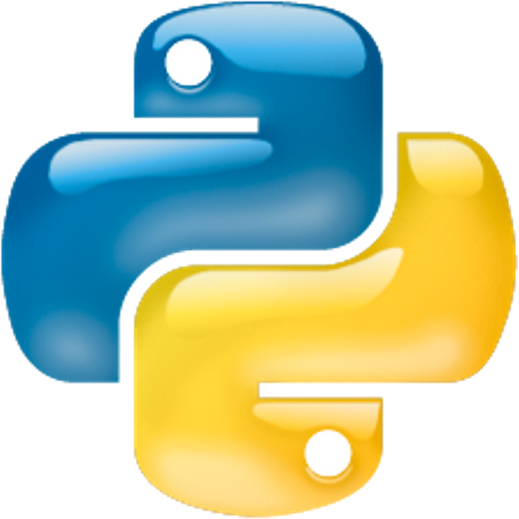Table of Contents » Chapter 5 : Disciplines : Data Engineering
Data Engineering
Overview
Python's role in Data Engineering is pivotal, reflecting the language's versatility and efficiency in handling diverse data operations. Data Engineering, the backbone of modern data analytics, involves the collection, storage, processing, and management of data. Python, acclaimed for its simplicity and powerful libraries, emerges as a key player in this domain. Its libraries, like Pandas and PySpark, facilitate data manipulation and processing, while SQL Alchemy enables seamless database interactions. Python's compatibility with big data technologies and its ability to integrate with various data sources and formats make it indispensable in the data engineering workflow. The language's role extends to building data pipelines, ETL (Extract, Transform, Load) processes, and data warehousing solutions, ensuring streamlined data flow and accessibility. Python's contribution to data engineering is substantial, making it a sought-after skill for professionals in the field.
- Data Collection and Storage: Python scripts automate the gathering of data from various sources. Libraries like Requests and BeautifulSoup are instrumental in web scraping, while SQL Alchemy and PyMongo aid in interacting with SQL and NoSQL databases, respectively.
- Data Processing and Transformation: Python's Pandas library is a cornerstone for data cleaning, transformation, and preparation, crucial for data quality and usability. PySpark, part of Apache Spark, enables handling of large-scale data processing in a distributed computing environment.
- ETL Processes: Python simplifies the development of ETL pipelines, which are essential for transforming and loading data into a warehouse. Libraries like Luigi and Apache Airflow assist in orchestrating complex data workflows.
- Data Integration: Python's ability to connect with various data sources like APIs, databases, and data lakes, and to handle different data formats, is vital for data integration tasks.
- Data Warehousing: Python aids in designing and managing data warehousing solutions, which are integral for centralized data analysis. Libraries like SQLAlchemy facilitate interactions with databases, and tools like Apache Hive integrate with data warehouse solutions.
- Big Data Technologies: Python's compatibility with big data technologies like Hadoop and Spark, through libraries like Pydoop and PySpark, is crucial for processing vast amounts of data efficiently.
- Automation and Scheduling: Python scripts automate repetitive data tasks, and tools like Apache Airflow and Celery schedule and manage data processing tasks.
- Cloud Services Integration: Python's compatibility with cloud services like AWS, Google Cloud, and Azure simplifies the deployment of data engineering solutions in the cloud, enhancing scalability and accessibility.
- Data Visualization: Python, with libraries like Matplotlib and Seaborn, offers robust data visualization capabilities, essential for analyzing and presenting data insights.
- Machine Learning Integration: Python's integration with machine learning through libraries like scikit-learn and TensorFlow extends its role in predictive analytics and data-driven decision-making in data engineering.



